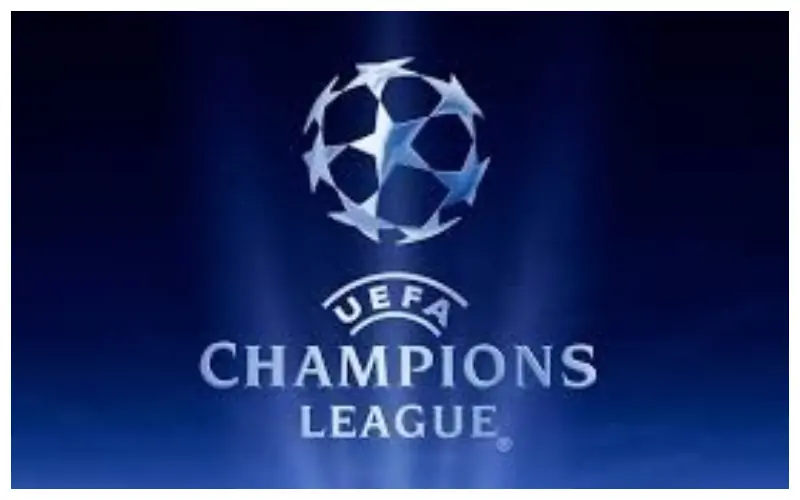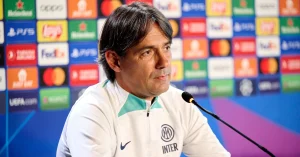
Champions League
The Champions League has always been a platform for tactical innovations and adaptations. Managers and players continuously reevaluate strategies to gain the upper hand, leading to evolving playing styles that define the competition.
The Influence of Tactics on Player Performance
The tactical framework employed by coaches significantly affects how players execute their roles on the pitch. Modern football emphasizes fluidity, positioning, and adaptability—qualities that are essential for success in the Champions League.
For instance, teams like Manchester City have adopted a possession-based style under Pep Guardiola. This method requires players to maintain ball control, constantly moving to create space. When executed correctly, it opens up opportunities to break down resolute defenses. In such setups, players with high technical abilities, like Kevin De Bruyne, shine brightly as they dictate play and deliver incisive passes in 789win.
Conversely, teams may adopt a counter-attacking strategy, focusing on quick transitions and exploiting defensive vulnerabilities. Clubs like Atletico Madrid epitomize this approach under Diego Simeone, where players must exhibit discipline and sharp decision-making. Such tactics allow teams to maximize their potential even against stronger opponents, leading to dramatic triumphs and memorable matches.
Adapting to various tactical demands has become a hallmark of successful players in the Champions League.
The Role of Team Chemistry
Beyond individual tactics, the synergy between players influences overall performances. Effective communication and understanding among teammates empower them to respond dynamically to different match situations.
Consider Liverpool under Jürgen Klopp’s management. The team’s heavy metal football hinges on immense teamwork and collective pressing. This philosophy fosters camaraderie and ensures all eleven players are committed to the cause, creating a relentless force against any opponent. As players develop a deep connection on and off the field, they intuitively know where to be and what actions to take, enhancing their chances of success in critical matches.
In contrast, a lack of cohesion can lead to disjointed performances, impacting results adversely. As seen with several high-profile squads that have struggled in high-stakes Champions League fixtures, achieving harmony among players remains paramount to achieving greatness.
Evolution of Training and Preparation
As football evolves, so does the way players prepare for Champions League campaigns. Advanced analysis and sports science have transformed training methodologies, enabling players to optimize their potential.
The integration of data analytics allows clubs to evaluate player performances meticulously. Coaches analyze metrics, video footage, and insights to identify areas for improvement and tailor training sessions accordingly. This meticulous preparation helps players understand opponents’ tendencies, assess their strengths and weaknesses, and approach matches with a well-informed mindset.
Moreover, incorporating mental conditioning techniques into training regimens prepares players for pressure-cooker situations. Mental resilience has become a critical factor in Champions League success; players equipped to handle stress are more likely to thrive in decisive moments.
As tactical evolution continues, players must embrace change and adapt their training regimes to stay ahead of the curve.





